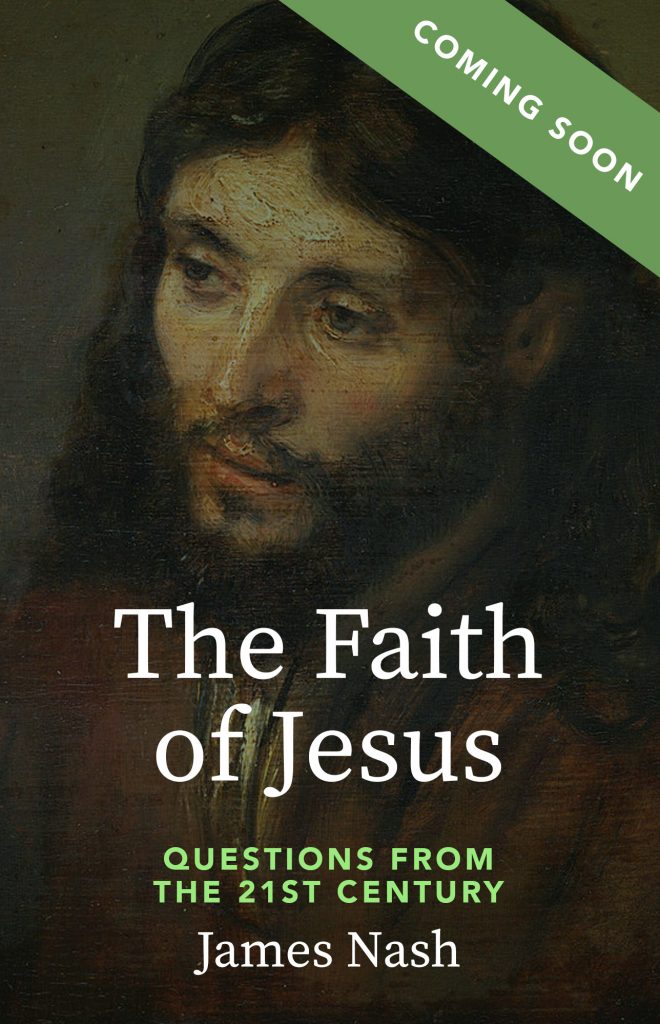24th Sunday Ordinary Time
Exodus 32:7-11, 13-14
I Tm 1:12-17
Luke 15:1-32

The gospel reading for this Sunday reveals two shocking truths about Jesus and the Father, but they may no longer astonish us as much as they should.
Let’s start with Jesus. The Pharisees and scribes complained about him eating and spending time with sinners. This is the problem that leads to the parables of today’s gospel.
One reason we are insulated from this passage is the phrase, “sinners and tax collectors,” does not shock us as it did the good people in Jesus’ day. That is why I have substituted a more modern version of people we can agree are evil doers: drug dealers and child sexual abusers.
By “drug dealers” I don’t mean the small fry selling tiny amounts of relatively harmless illegal drugs. I am referring to those involved in the higher levels of drug cartels who use violence to protect the sale of fatal illicit drugs such as fentanyl. According to the Centers fo Disease Control and Prevention, more than 150 people die daily from overdoses to this powerful synthetic opioid. There is no ‘safe amount ‘of illicit fentanyl. See what the CDC has to say about it. https://www.cdc.gov/stopoverdose/fentanyl/index.html

In addition to the people killed directly by this and other drugs, drug cartels routinely use violence against innocent citizens, journalists, politicians and law enforcement officers in order to protect their profits.

No explanation is needed for child sexual abusers. We know all too much about this thanks to the scandals in the Catholic Church. Catholic clergy are not the only ones guilty of this horrible sin, a crime that cries out to heaven.
Tax collectors were Jews who collaborated with the Roman oppressors in Jesus’ time. Worse, they generally over-charged their countrymen and pocketed the difference, because the Romans did not pay them a regular salary. They could imprison people and harness the violence of Roman soldiers to collect the money owed the state. “Sinners,” is a more general term to refer to people who were evil doers.
Jesus not only spends time with these people, but he also eats and drinks with them. It’s one thing for a religious leader to have a meeting with evil doers, but quite another to share a meal with them. Meals are always somewhat celebratory occasions. Jesus often connects eating and feasts with the kingdom of God. Moreover, the root of the word “companion,” is the Latin word panis, it means someone with whom we break bread. By sharing meals with these people, you could say Jesus had befriended them.
This scandalized the Pharisees and before we judge them, we have to ask ourselves if we would object if our own Christian leaders shared meals with the worst sinners we can think of. Jesus was different, you might object. But aren’t all who are baptized called to fashion our life after his?
Jesus demanded these sinners repent in order to be welcomed in his kingdom and we read in the gospels that some of them did. In Luke 5:27-28 we read that Jesus called Levi, a tax collector, to follow him. “And he left everything, and rose and followed him.” The most famous example is Zacchaeus, a chief tax collector, who was very rich and gave half his goods to the poor and paid back those he had defrauded fourfold. See Luke 19:1-10. The Gospel of St. Matthew records that another tax collector, Matthew, became a disciple and by tradition he is the author of the book.
The reason to befriend sinners is to help them to repent, and this is always possible because with God all things are possible. That said, we can be fairly certain that some of the tax collectors Jesus spent time with did not repent. Jesus became notorious for hanging out with tax collectors and we read of only a few people who changed their lives as a result. We can have no idea of his success rate, but I suspect Jesus did not care about that. If he was able to lead a single person to repentance, that would have been enough for him.
I think we can enter into the real meaning and challenge of today’s gospel story by imagining a Jesus who spent a good deal of time socializing and befriending the worst people in the world. A few of them changed their lives forever and many others did not. If we are to follow Jesus, this is how we are called to spend at least some of our time.
I hear prayers in church for the victims of sexual abuse, but I do not hear prayers for the abusers, who also need our prayers. If we can not even bring ourselves to pray for these people who have done such horrible things, how likely are we to share a meal with them? I worry that although we hear today’s gospel message, we are not truly living it. I do not believe I am.
Jesus’ loving mercy, his devotion to building relationships with even the most despicable people, challenged the moral norms of his day. If we are to follow him, should we not expect the same to be true for us today?
The second shocking message is how much God loves every single one of us, even the worst evil doers!
Unless we are shepherds, we may miss the irony of Jesus’ question in verse four: “What man of you, having a hundred sheep, if he has lost one of them, does not leave the ninety-nine in the wilderness, and go after the one which is lost, until he finds it?” How foolish this would be! You might never find the single missing sheep, while the ninety-nine would likely get scattered, or worse, attacked by wolves. This is precisely the point of the parable. The mercy of God the Father is as foolish as this shepherd.
The prodigal son has shattered so many moral norms! A younger son, he convinces his father to give him his inheritance in advance. According to Deuteronomy 22:17, the first-born son is supposed to receive a “double portion” of the inheritance. The younger son wastes his share on fleeting pleasures. Worst of all for law-abiding Jews, he is actually caring for swine! This means he has abandoned his people and his religious heritage. The Father does not care. He not only forgives him, he throws a party for this wastrel!
For the Father, as for Jesus, the relationship with his son, his boundless merciful love for him, trumps all moral norms. Naturally, this upsets the good older brother. I have come to believe that if you are trying to be a good person, Jesus’ teaching should upset you too.
Morality takes a beating in today’s gospel. However, as a moral theologian I have to close with one question. It seems as though the prodigal son has “come to himself,” and truly repented. Now that all has been forgiven and he even got a big home-coming party, do you believe he will behave better in the future?
The reading calls on us to transcend our moral norms, but I am certain one has survived the carnage. Based on another parable Jesus told, (Matthew 18:23-35) I believe the father will now expect his son has learned at least one life lesson: be merciful to everyone!



Im excited to find this website. I need to to thank you for your time due to this wonderful read!! I definitely loved every little bit of it and i also have you book marked to check out new stuff in your blog.
Thank you, very much! That means a lot to me. Feel free to comment specifically or pose questions on a particular post.